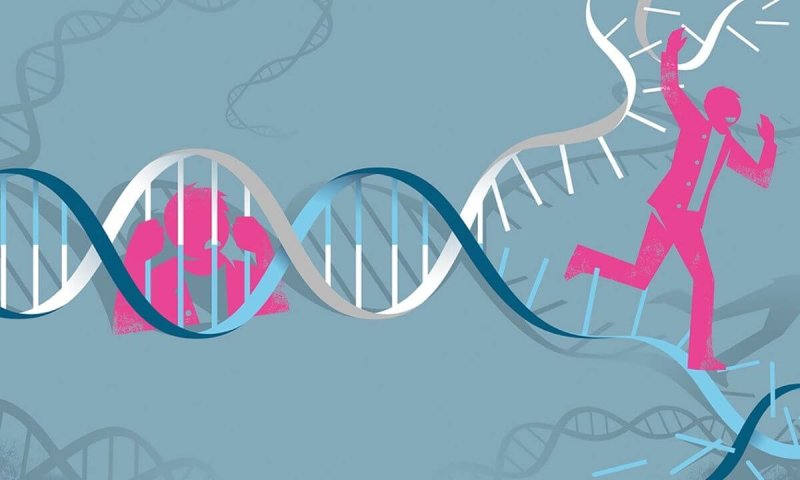Are our fates determined by the stars or by our actions? An age-old debate made no less contentious by reducing the loci of those forces to our genes or our behavior — a new study in Cell Reports chips aware at the free will side of the argument. The question asked, can complex behavior be explained by genetics?
…
[In the experiment,] the complexity of [mouse] foraging was reduced to about 13 “behavioral measures” which in turn describe 71 modules – not clearly understood by us analog types, but reproducible across the range of experiments.
…
[T]he researchers found that parental genes greatly influenced their children when they became adults, but showed little correlation when the offspring were juveniles. They also demonstrated by at least in the case of gene, Magel2 for those who absolutely have to know, the presence of one, two or no copies altered the expression of a distinct set of behaviors.
The researchers have demonstrated, primarily in a statistical way, that genetic expression influences behavior, not merely appearance. As those expressions are turned on and off, our behavior alters. So, you have to give the determinism crowd a few points.
Read full, original post: Can We Blame Our Behavior On Our Genes? Bad Genes!































